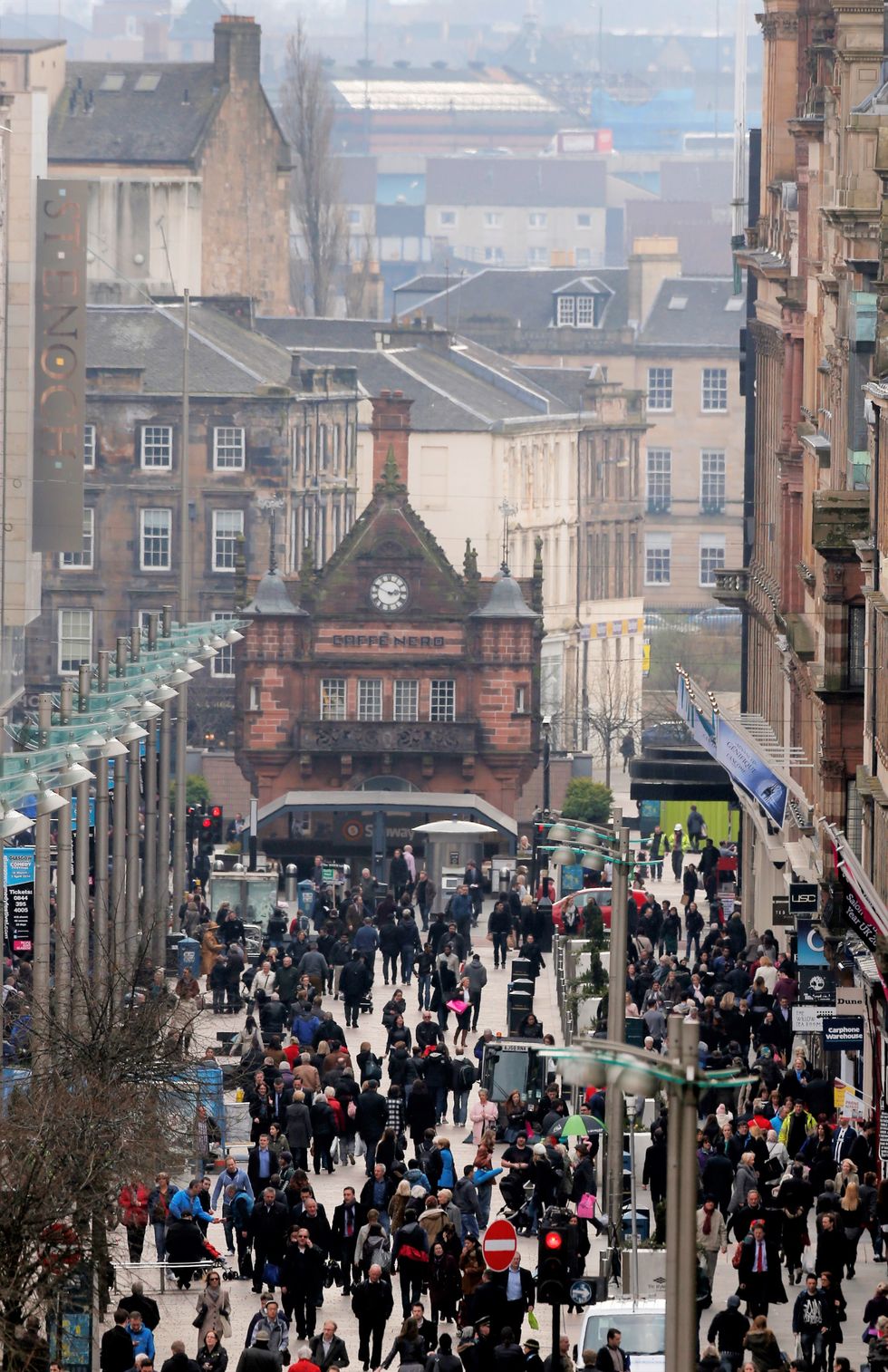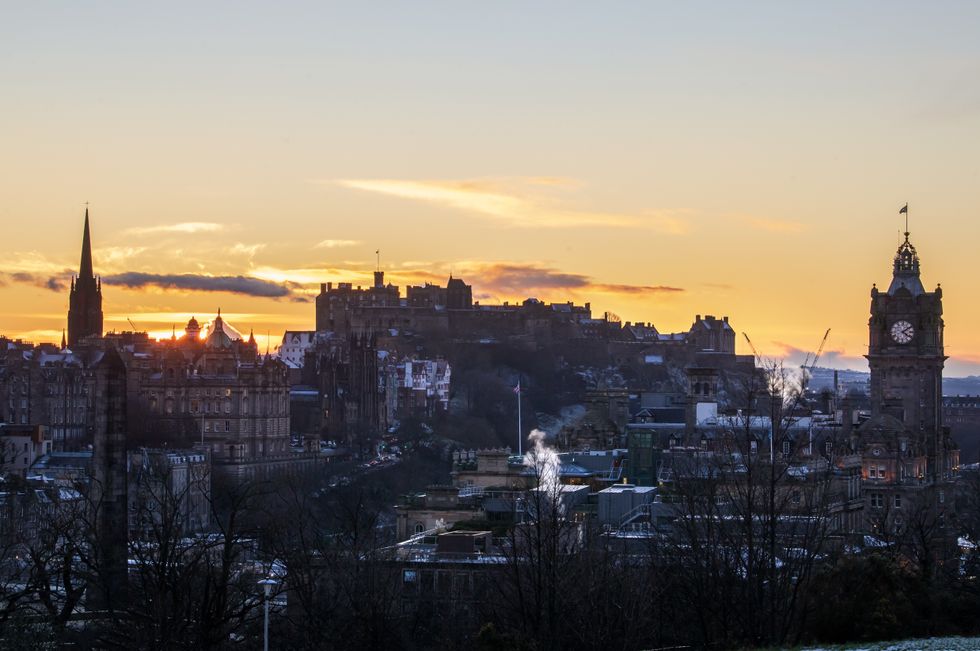The UK could enforce more tourist taxes as Glasgow considers a fee for overnight stays

Glasgow is considering implementing a five per cent tourist tax on overnight stays, following in the footsteps of Edinburgh’s similar measure set to begin in July 2026.
The proposed levy would apply to all forms of accommodation in Scotland’s largest city, including hotels, hostels, guest houses, bed and breakfasts, and self-catering properties like Airbnb.
Glasgow City Council’s treasurer, Ricky Bell, has expressed eagerness to implement the policy as quickly as possible, though it remains under public consultation.
The new tax is expected to generate over £11million annually for Glasgow, with officials projecting total revenue of up to £12.5million per year.

Many major European cities, including Paris, Rome, Amsterdam, and Barcelona, have successfully implemented similar taxes without experiencing significant drops in visitor numbers.
For tourists planning visits to Glasgow, the tax would be capped at seven nights per stay, mirroring Edinburgh’s approach to protect long-term guests from excessive charges.
Budget-conscious travellers might seek alternative lodging options outside Glasgow’s boundaries to avoid the additional expense.
The tourist tax is unlikely to take effect before 2026, as the policy requires an 18-month implementation period after approval.
Council leaders maintain that Glasgow will remain an attractive destination, particularly if the funds are visibly reinvested into improving the city’s appeal.
City officials suggest that most travellers now expect such fees in international cities, and these charges rarely influence their decision to visit.
The Association of Scotland’s Self-Caterers (ASSC) has warned against rushing into implementing the tourist tax, citing potential harm to the city’s tourism industry.
Fiona Campbell, CEO of the ASSC, has emphasised that businesses must play an active role in shaping how the levy is implemented. She said that while a visitor levy may serve a purpose, careful consideration is needed to avoid unintended consequences for the local economy.
LATEST DEVELOPMENTS
- Expat in Cyprus shares his experience of moving abroad – ‘you feel relaxed and welcome here’
- Britons travelling to Greek islands including Santorini given important update following tremors
- Ryanair launches 7 new routes from the UK to France, Turkey and more starting this summer

The situation mirrors concerns raised in Edinburgh, where some tourism business leaders argued the city rushed into implementing its own tax without fully considering industry impact.
Glasgow officials say they aim to take a more measured and consultative approach than Edinburgh.
Visitors are advised to check whether accommodation prices include the levy to avoid unexpected costs at check-in.
The policy remains under consultation, with final details yet to be confirmed.

